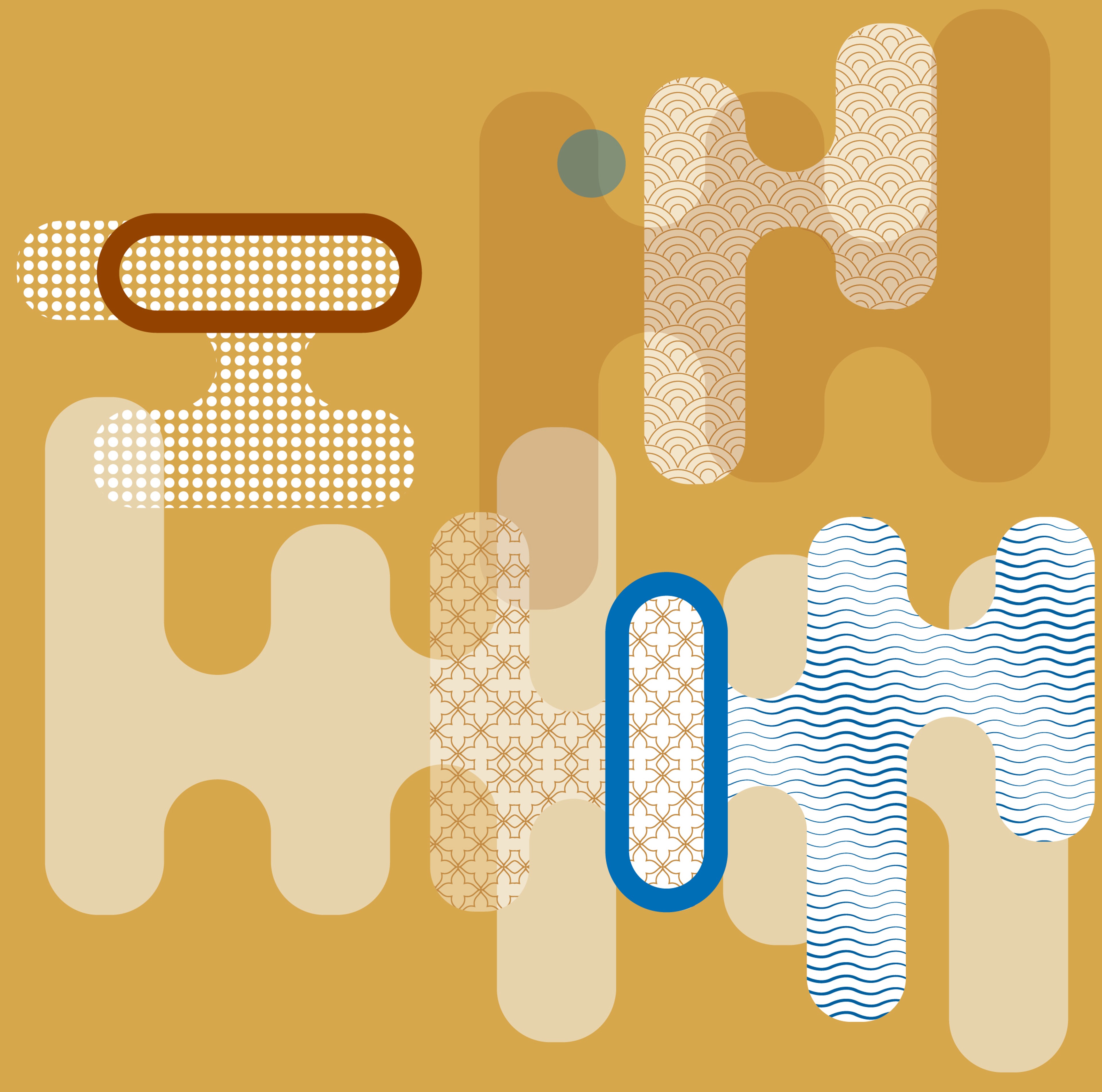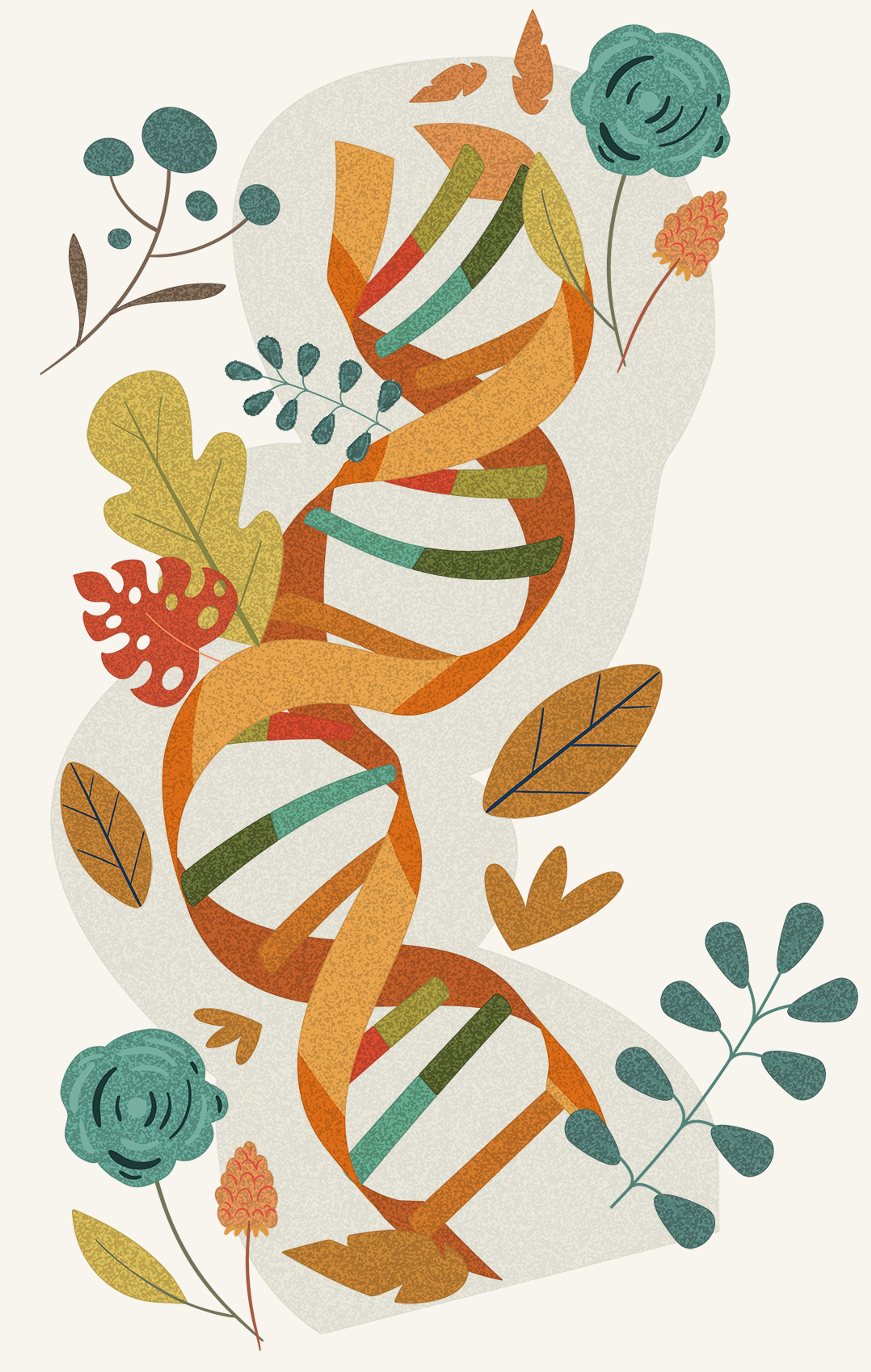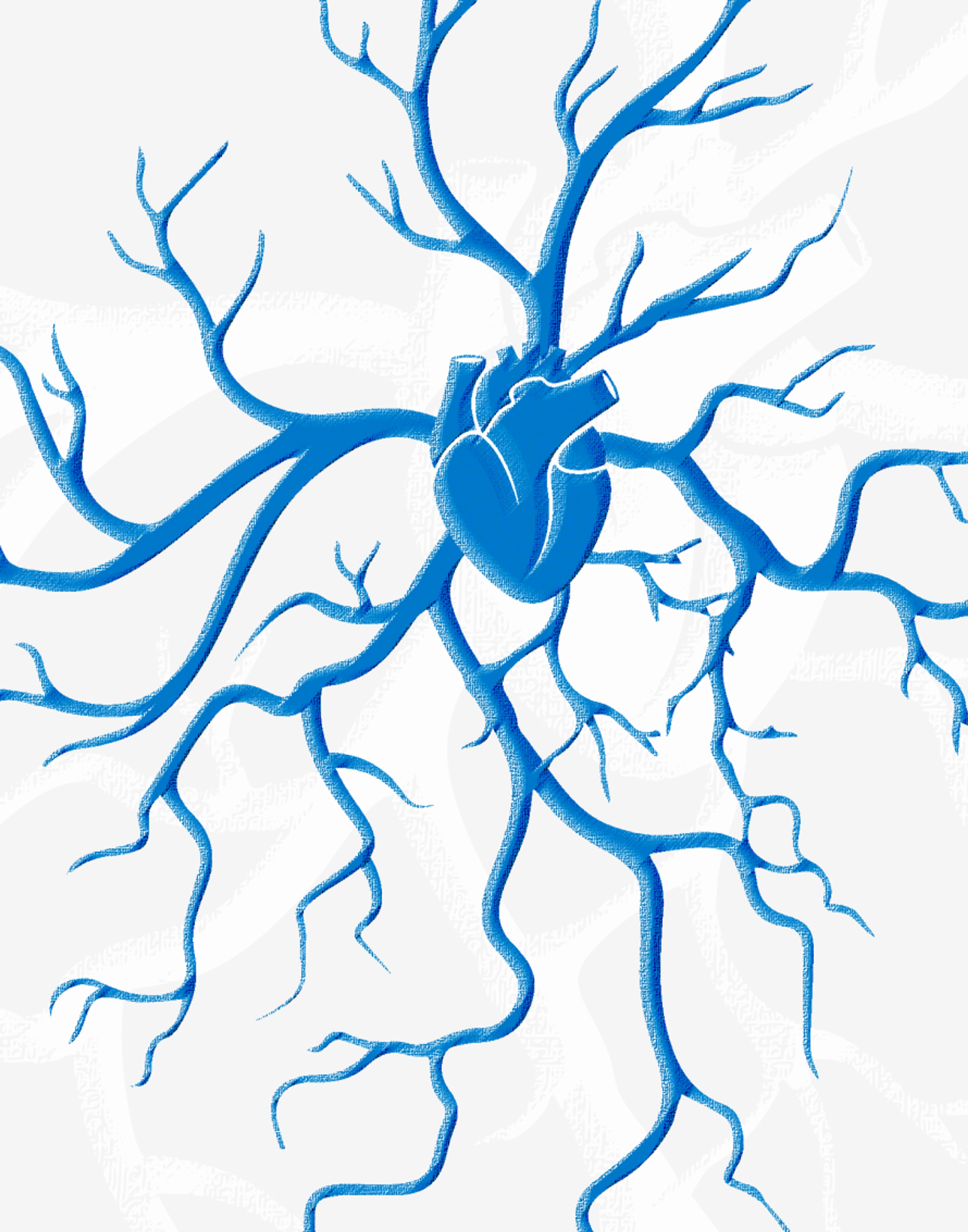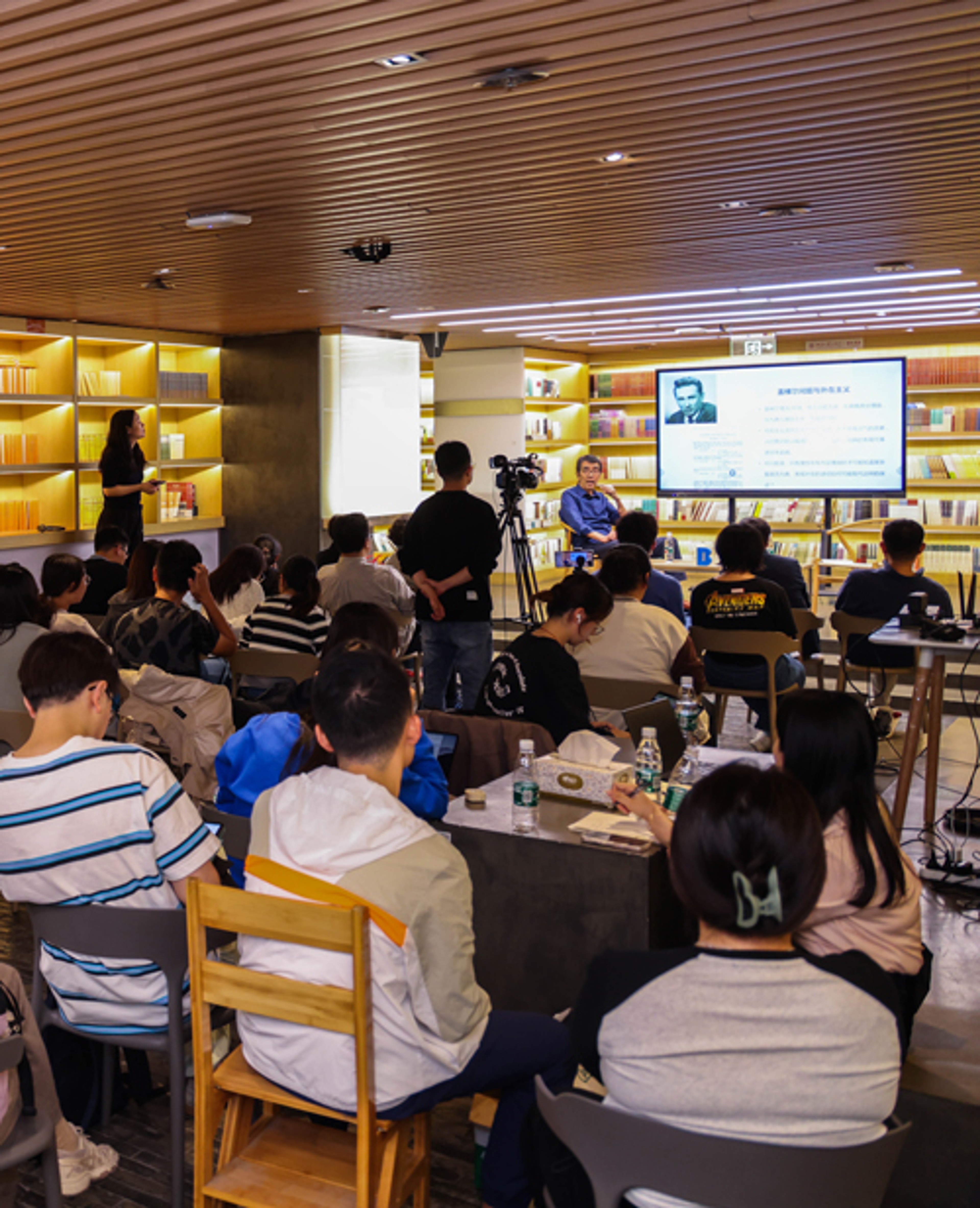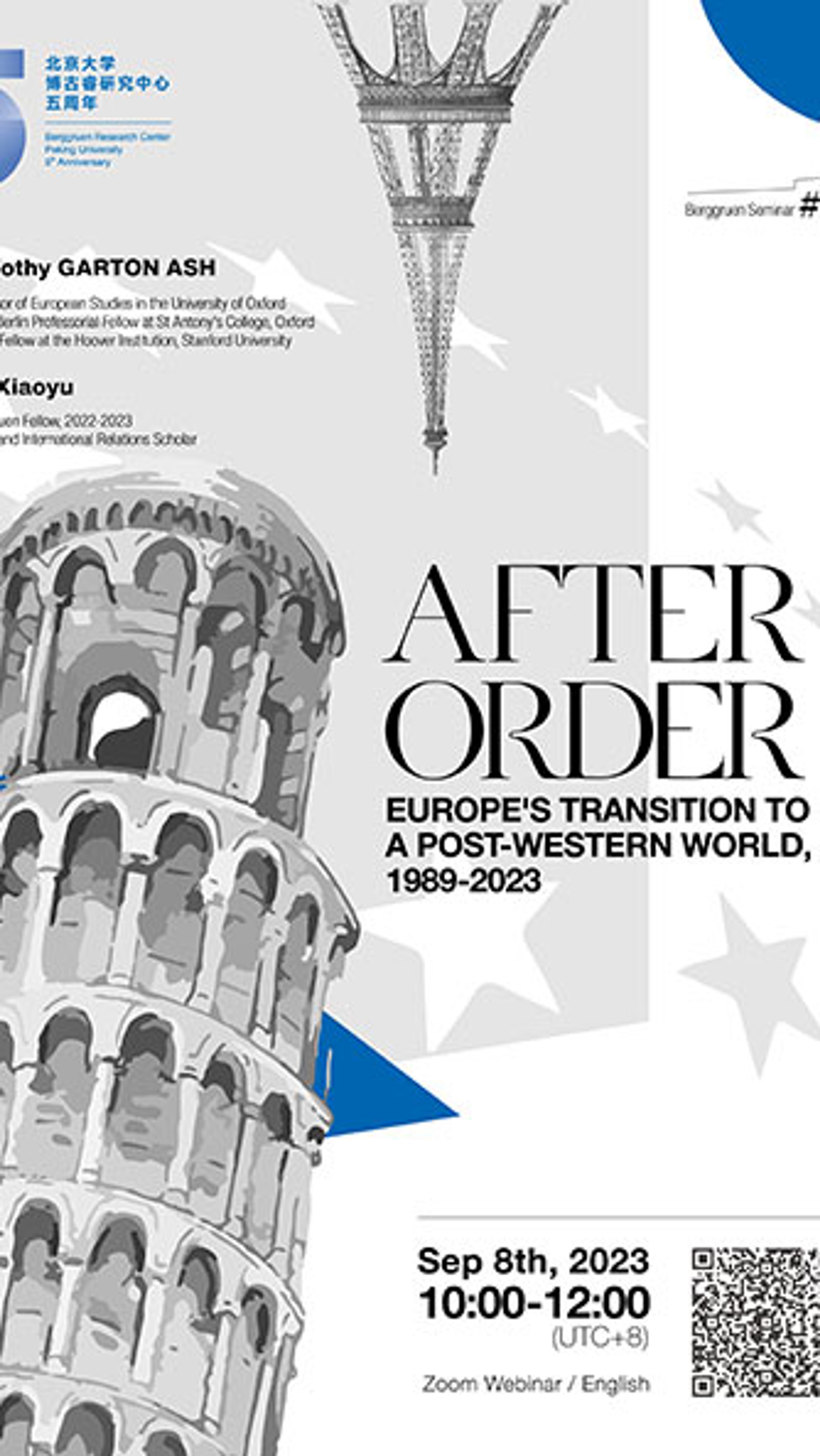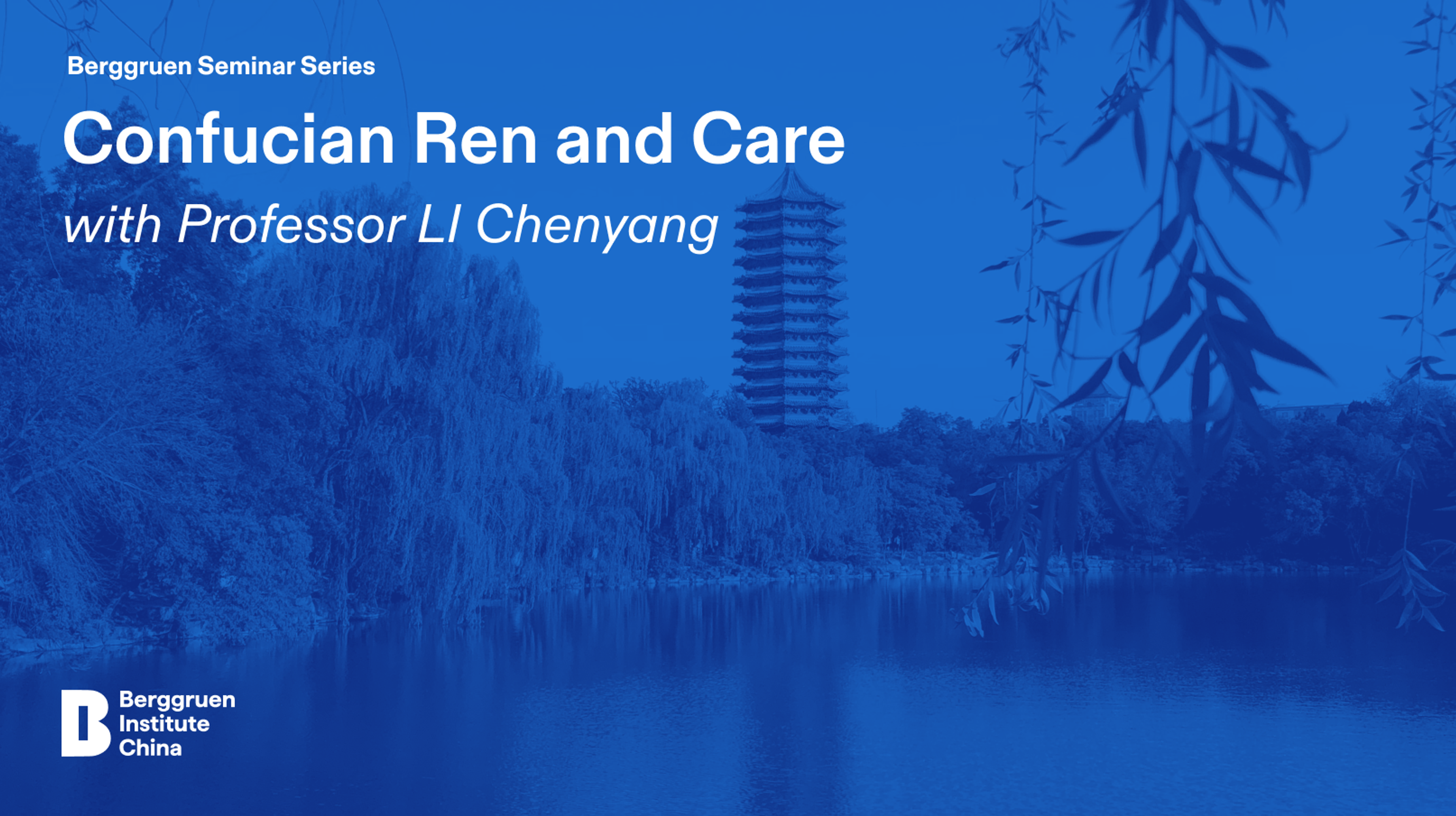Confucian Ren and Care

This lecture aims to analyze and discuss the moral core of ren and care in the new book by Professor LI Chenyang, Reshaping Confucianism: A Progressive Inquiry (Oxford University Press, 2023). "Ren" is a central concept in Confucianism, traditionally interpreted by scholars as "love." "Care" is the central concept of care ethics, which has gained prominence in recent decades. Since Professor LI proposed the "Confucian Care Thesis" in 1992, there have been scholarly debates and an increasing number of scholars interpreting "ren" through the lens of "care." This lecture reviews the main viewpoints and examines the significance of these discussions within the context of the new book.
Speaker
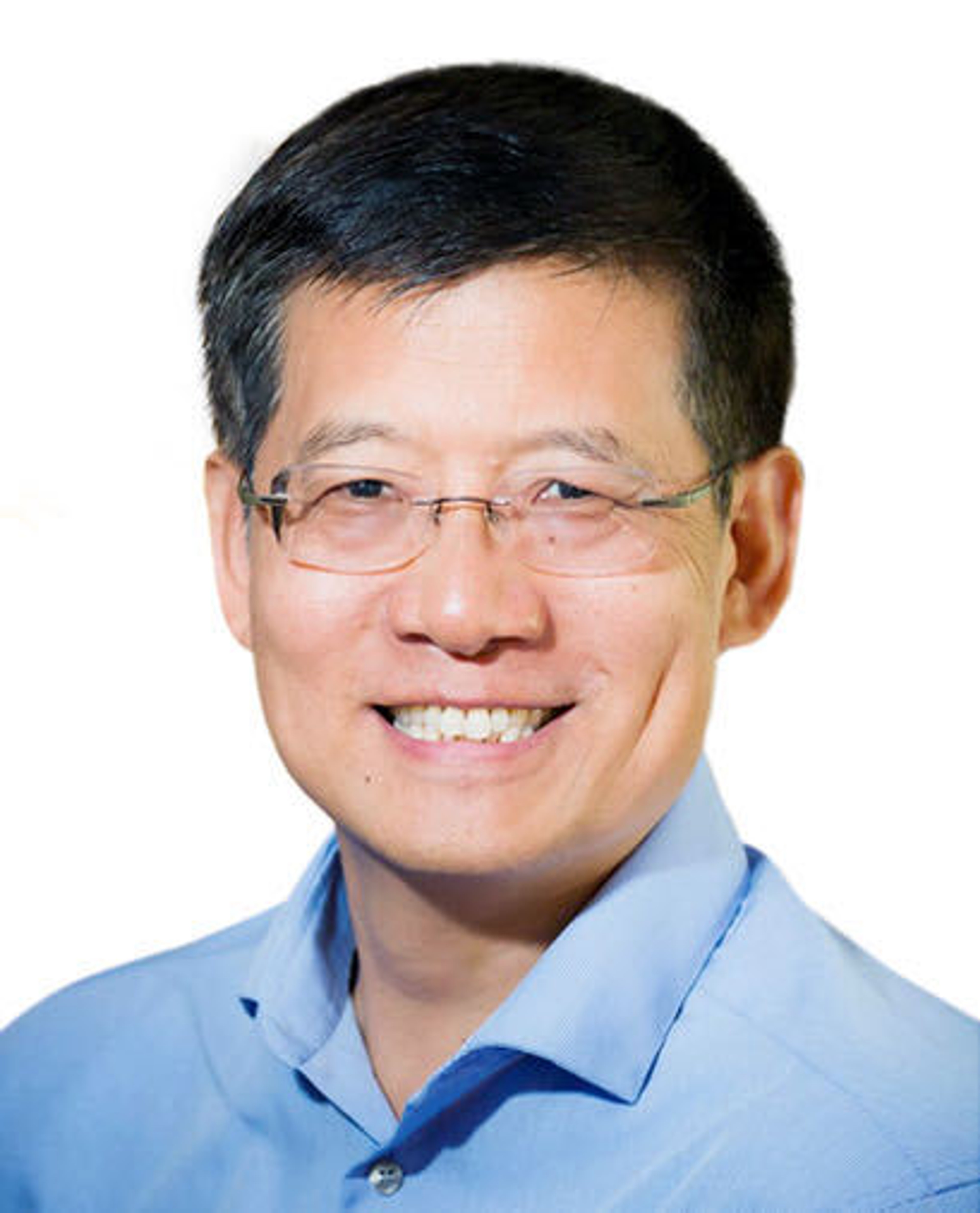
LI Chenyang
Professor of Philosophy, Nanyang Technological University
2015—2016 Berggruen Fellow
His primary areas of research are Chinese philosophy and comparative philosophy. He is the author of The Tao Encounters the West: Explorations in Comparative Philosophy, The Confucian Philosophy of Harmony, Confucianism in a Pluralist World (in Chinese) and of over 100 journal articles and book chapters. He was the founding president of Association of Chinese Philosophers in North America (ACPA), President of International Society for Chinese Philosophy (ISCP), Senior Visiting Fellow at the City University of Hong Kong, an American Council on Education ACE fellow.
Commentator
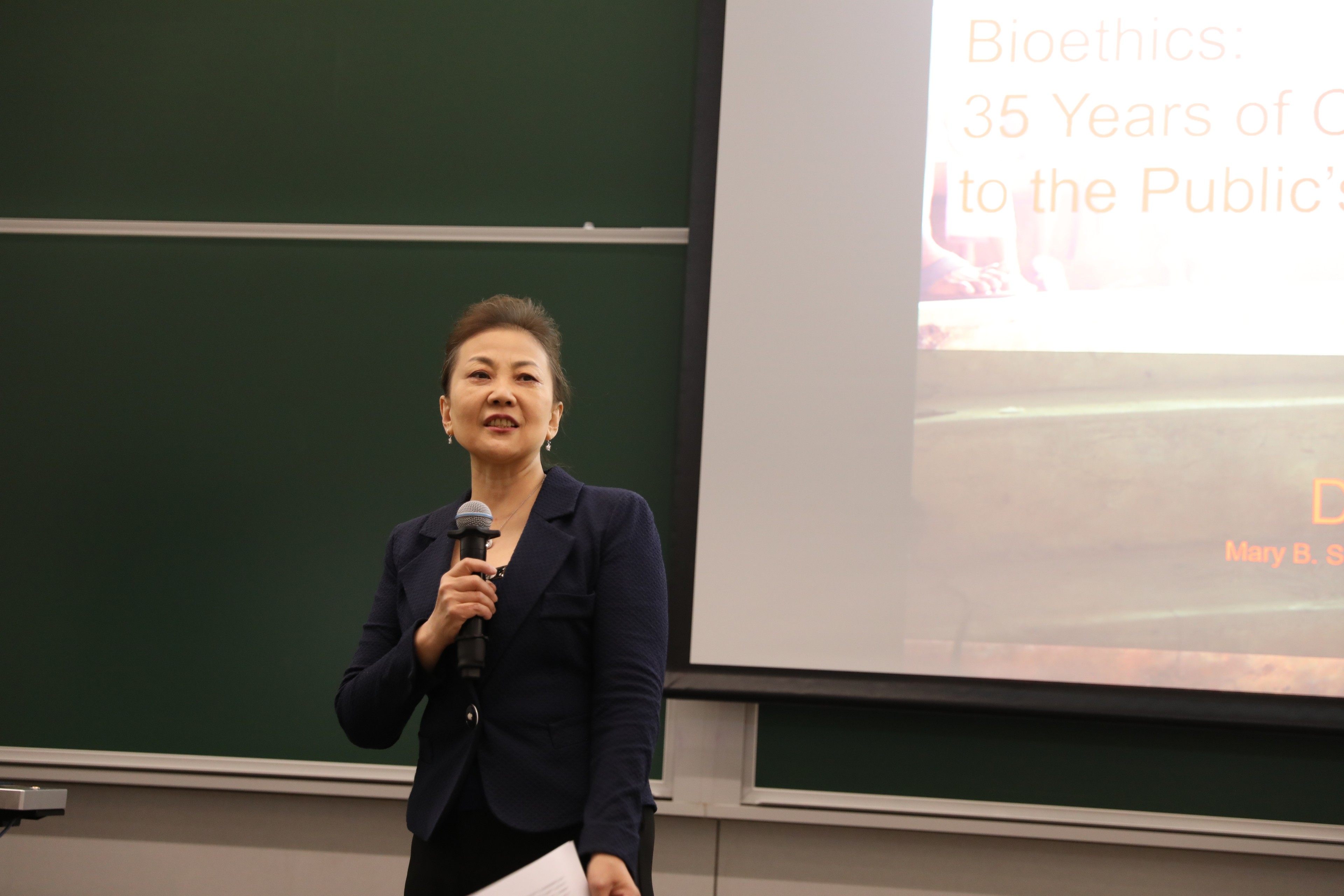
XIAO Wei
Professor of Ethics, Tsinghua University
She is the author of 8 monographs and has published more than 200 articles. Her teaching and researching interests include: Ethics (Bioethics, Public Health Ethics, Mental Health Ethics, Feminist ethics) and Gender Philosophy. She has been the Chair of the 17th Symposium of the International Association of Women Philosophers and one of the board members of the Association. She has been a member of Chinese Technology and Science Ethical Committee (Bioethics Section).
Summary
On the evening of July 16, 2024, the 29th session of the Berggruen Seminar, titled “Confucian Ren and Care,” was held at All Sages Bookstore. During the lecture, Professor Li first introduced the methodology of his new book, then compared and traced the Confucian core concept of “Ren” with the care ethics that have emerged in recent decades. He summarized the “Confucian Care Thesis” he proposed in 1992, which interprets “Ren” as “care,” and discussed the debates surrounding this viewpoint over the past thirty years.
Two Approaches to Philosophical Research
There are generally two types of philosophical works: one involves in-depth research on specific issues, and the other serves as a textbook based on various concepts. The former typically does not systematically introduce philosophical traditions, while the latter does not focus on proposing creative academic frontier viewpoints. Professor Li’s new book attempts to balance both. He began writing it when he became a Berggruen Fellow in 2015, aiming to integrate innovative perspectives on ancient Chinese philosophical concepts. The book’s twelve concepts encapsulate the main philosophical traditions of Confucianism.
Confucian philosophy has two primary methodologies: historical and philosophical. The historical approach involves meticulously examining and restoring the views of Confucian philosophers, while the philosophical approach considers how Confucianism can continuously update its conceptual interpretations to respond to contemporary challenges. It is important to note that readers should not use one approach to judge the other. For instance, in the tenth chapter on “freedom,” Professor Li advocates developing Confucian philosophical viewpoints suitable for contemporary society based on traditional philosophical interpretations. To illustrate, when constructing a house, “restoring the old as the old” is a historical approach, whereas the philosophical approach requires modifications based on contemporary standards, such as installing air conditioning to satisfy modern living needs.
Principles of Progressive Interpretation
Confucianism encompasses not only the teachings of Confucius but also those of Mencius and Xunzi, along with the thirteen Confucian classics compiled during the Han dynasty and beyond. Confucianism is a continually evolving philosophical tradition. From the pre-Qin period to the Han dynasty till the “Neo-Confucians”, the trend of Confucian hermeneutics developed. Even if contemporary scholars disagree with historical Confucian views, we should contextualize and historicize the texts when conducting research. Two commonly acknowledged principles in philosophical research are the “principle of charity” and the “principle of humanity.”
Based on the above two principles, Professor Li proposed the “principle of progressive humanity,” which envisions that ancient thinkers would have evolved their thoughts with the times if they lived in modern times. Philosophical interpretations of Confucianism have been updated over time, with each generation offering its own interpretations.
Care Ethics
Unlike previous philosophical schools, such as Aristotle’s virtue ethics, Kantian ethics, and utilitarian philosophy, care ethics has been one of the main philosophical issues in the last quarter of the 20th century, against the historical backdrop of the promotion of gender equality. Previously, the primary concern for gender equality was that women should be able to bear the same work responsibilities as men, but this approach also embedded latent problems. Why should men be set as the standard? This requirement implied that male work roles set the labor standards,
which was unreasonable.
Lawrence Kohlberg, a prominent scholar in the moral development theory, proposed three main stages and six sub-stages of moral reasoning development by studying children and adolescents. However, his research on gender discrepancies sparked much discussion and criticism. He employed Kantian principles as the measure of moral reasoning to assess the moral maturity of children. Kohlberg believed boys tended to use rule-based and justice-oriented moral reasoning, focusing on rights, duties, and laws, while girls were more inclined towards care and interpersonal moral reasoning, emphasizing maintaining relationships and caring for others’ feelings. These findings led his student Carol Gilligan to propose care ethics in her
book In a Different Voice: Psychological Theory and Women’s Development (1982). Gilligan argued that Kohlberg’s theoretical framework was flawed, as women’s understanding and practice of morality were primarily based on care, making it inappropriate to measure two different moral philosophies and ethics standards
against each other.
In Caring: A Feminine Approach to Ethics and Moral Education (1984), Nel Noddings further developed and deepened Gilligan’s care ethics theory. Noddings defined care in detail, dividing it into two main aspects: natural care and ethical care. The latter involves reflective and chosen acts of care, even in the absence of emotional drives. Noddings emphasized that care is a relationship, not merely an individual’s moral quality and that care and interpersonal connections are central to
moral life.
Comparison of Confucian Ren, Care Ethics, and Kantian Ethics
In his article “The Confucian Ren and Feminist Care: A Comparative Studies” (Hypatia, 1994), Professor Li first conducted a comparative study of Confucian Ren and care ethics. The article highlighted three commonalities between Confucian Ren and care ethics:
1. Unlike Kantian ethics, both Confucian Ren and care ethics emphasize the role of emotions in moral behavior.
2. Confucianism and Ren ethics have similar understandings of moral agents, emphasizing that people exist in relationships rather than as entirely independent beings, as in Kantian ethics.
3. Both Confucianism and care ethics advocate for graded care.
The above three aspects involve core concepts of moral philosophy, the nature of moral agents, and basic principles of moral behavior.
Understanding these similarities is crucial for comparing Confucian Ren and care ethics.
The “Confucian Care Thesis” and Related Debates
Previous discussions on Confucianism and feminism mainly focused on how Confucianism discriminates against women. Chenyang Li’s article shifted the discussion to a philosophical level, sparking debates in academia. Daniel Star responded to Professor Li’s “Confucian Care Thesis” in his article “Do Confucians Really Care?” Star defended the uniqueness of care ethics, arguing that care ethics focuses on people in specific relationships, whereas Confucian ethics focuses on people in role relationships. Therefore, Star insisted that Confucian ethics is not a
form of care ethics, and there are significant discrepancies between Confucian “care” and “care” in care ethics. Chenyang Li, however, argued that any two concepts share similarities and discrepancies, and focusing on the similarities between Confucian Ren and care ethics holds significant philosophical value.
In her book The Maternal Factor: Two Paths to Morality (2010), Nel Noddings argued that there are significant discrepancies between Confucian ethics and care ethics, using the gender bias of Confucian practices in ancient times as evidence that Confucian thought did not care about women. Noddings also believed that Confucian ethics and feminist care ethics have fundamentally different views on care. According to Noddings, care exists only between people who are in
relationships. Professor Li argued that this discrepancy exactly demonstrates the strong point of Confucian ethics, as Confucianism advocates that Ren and care could extend beyond established relationships, as illustrated by the phrase “‘treat others’ elders as one would treat one’s own; treat others’ children as one’s own.” Virginia
Held, however, believed that “care” is a proprietary concept of feminist philosophy and could not be appropriated to the interpretation of Confucianism.
“Ren”: Interpretation and Translation in Motion
In the second chapter of his new book, Professor Li pointed out that “Ren” primarily meant caring for others in the “pre-history” period of “Confucianism.” Confucius transformed “Ren” from a specific virtue into a comprehensive virtue while retaining the meaning of care. Translating “Ren” as “love” might be overinterpreted; it is more appropriate to
comprehend “Ren” as “care,” referring to a sense of caring. In debates about “Ren,” Confucians and Mohists have different opinions: Mozi advocated “universal care”(jian ai), “treating others’ states, families, and persons as one’s own,” while Mencius promoted graded care.
Given that interpretation is different from translation, Professor Li did not advocate completely equating Confucian ethics with care ethics. Instead, he suggested borrowing concepts related to “care” to interpret “ren.” As more scholars use “care” instead of the previously commonly used “benevolence” or “love” to translate “Ren,” Professor Li saw the influence of his research.
This article was written by Linhe Li, an intern at the Berggruen Institute China and a master’s degree holder from Columbia University.










